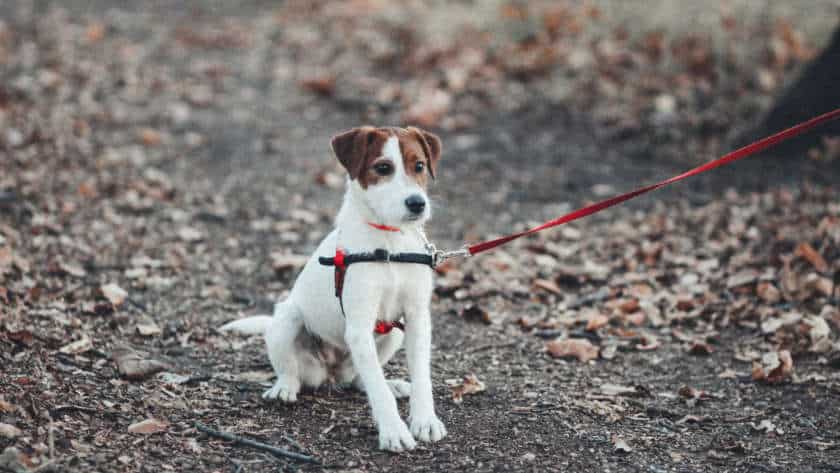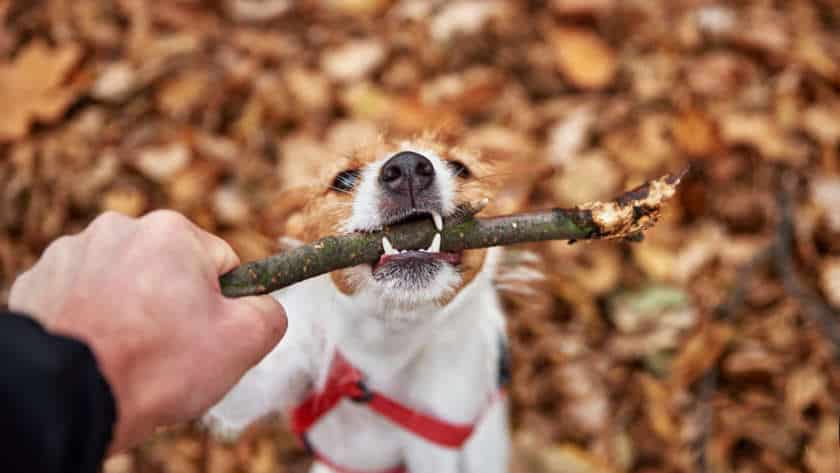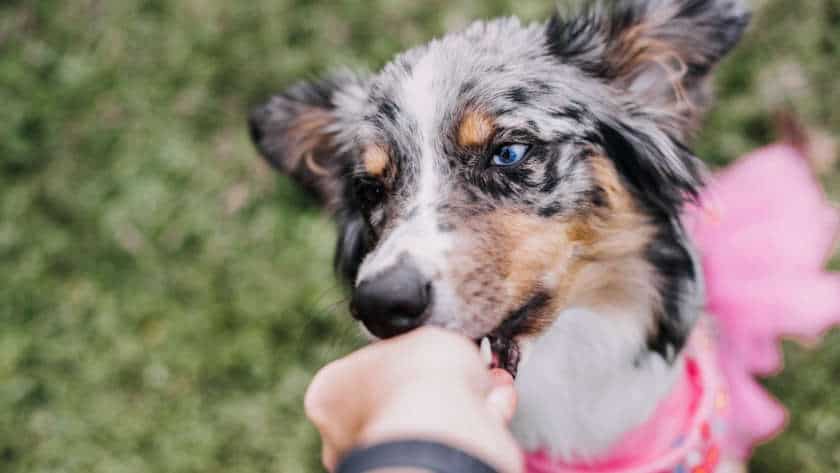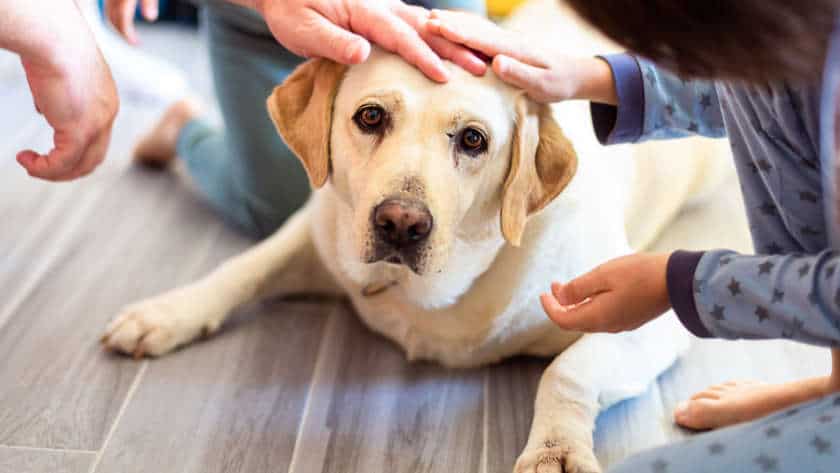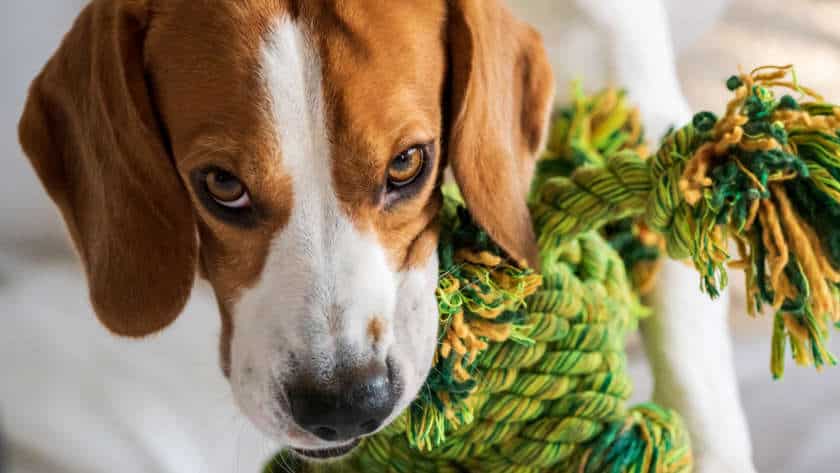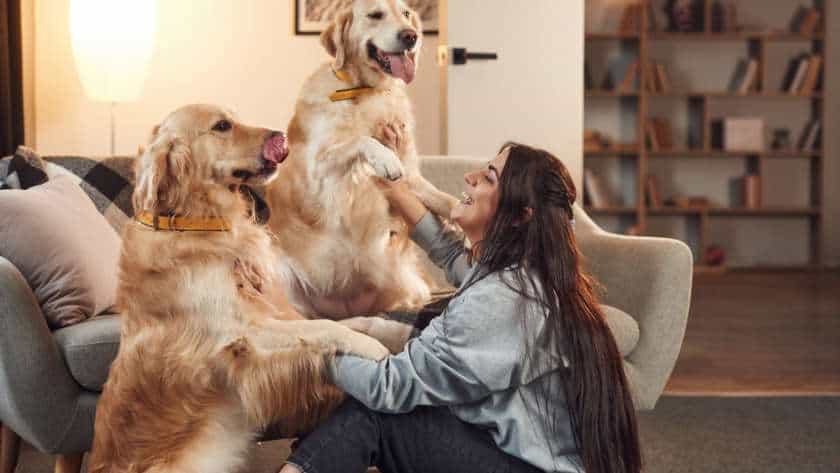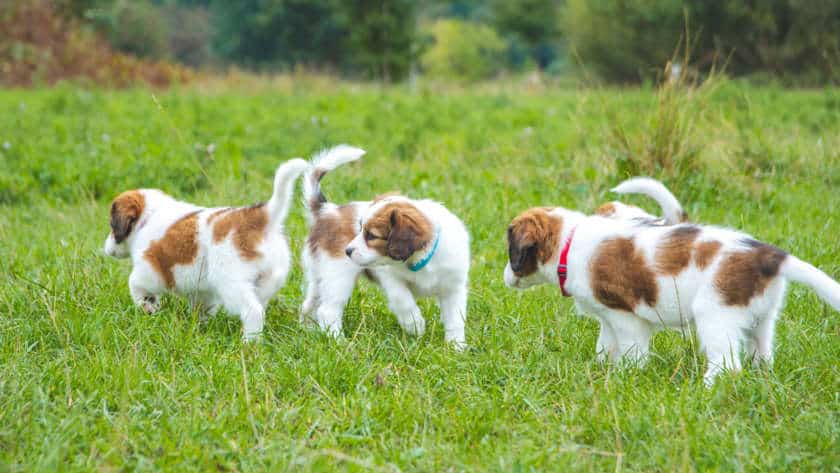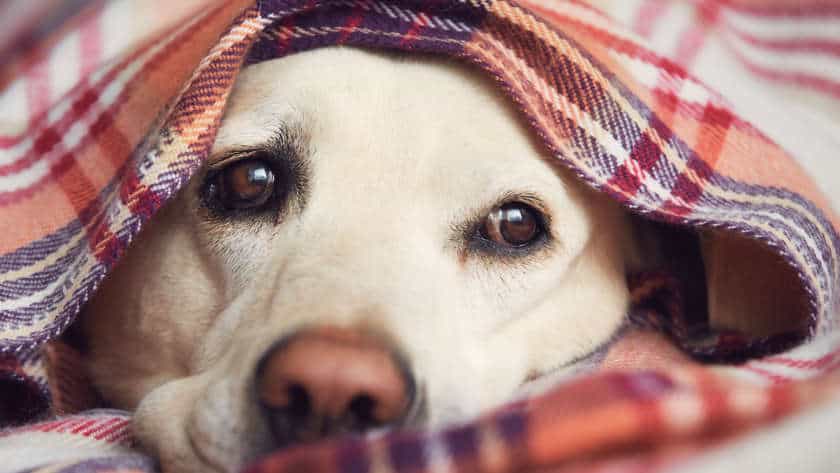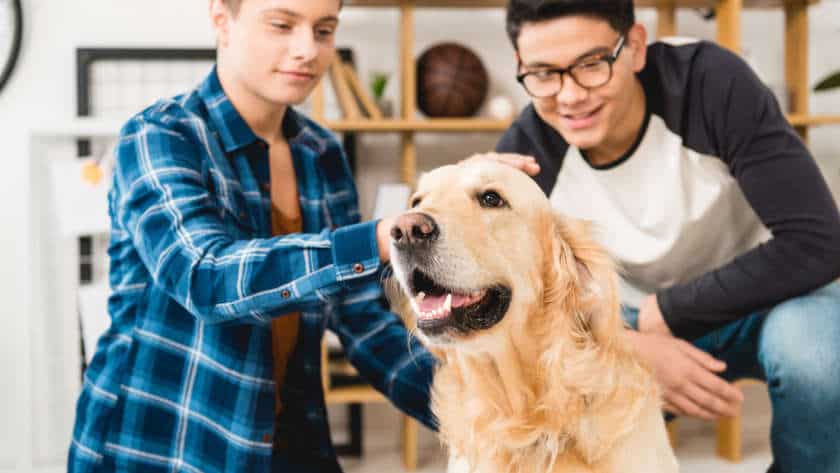Sit-Stay: Training Your Dog to Hold the Sit Position Training your pup to sit is essential training. It's the basis for many other commands. Here's how to do it:
Start with sit: Use a treat or calmly push down on their backside, saying "sit".
Use positive reinforcement: Reward your pup every time they sit with…
